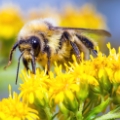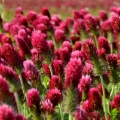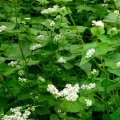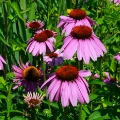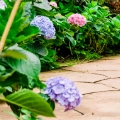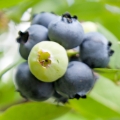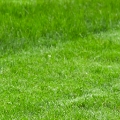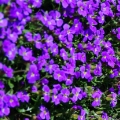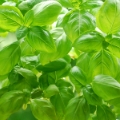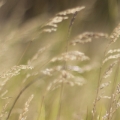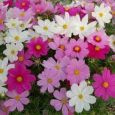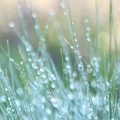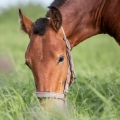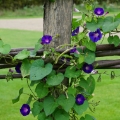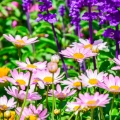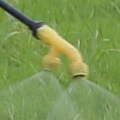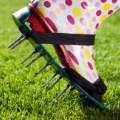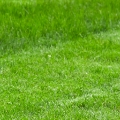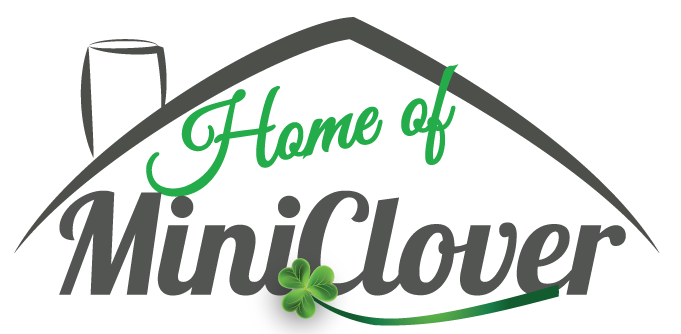Toothache Plant Seeds

Herb Specifications
Season: Perennial
USDA Zones: 9 - 11
Height: 18 - 24 inches
Bloom Season: Mid summer to early fall
Bloom Color: Yellow w/ red
Environment: Full sun to partial shade
Soil Type: Prefers moist, but well-drained soils
Deer Resistant: Yes
Latin Name: Spilanthes Oleracea
Planting Directions
Temperature: 70F
Average Germ Time: 7 - 14 days
Light Required: Yes
Depth: Do not cover seed, but press firmly in to soil
Sowing Rate: 8 - 10 seeds per plant
Moisture: Keep seeds moist until germination
Plant Spacing: 12 - 15 inches
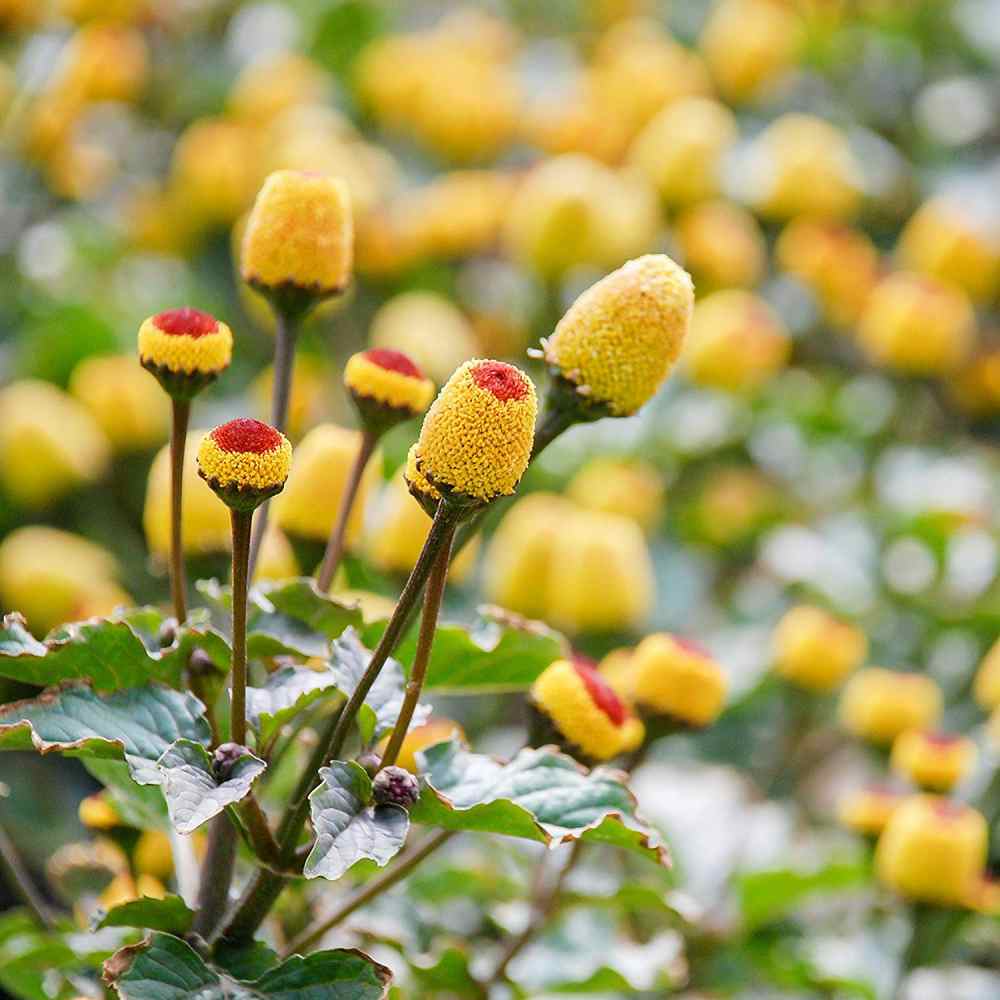
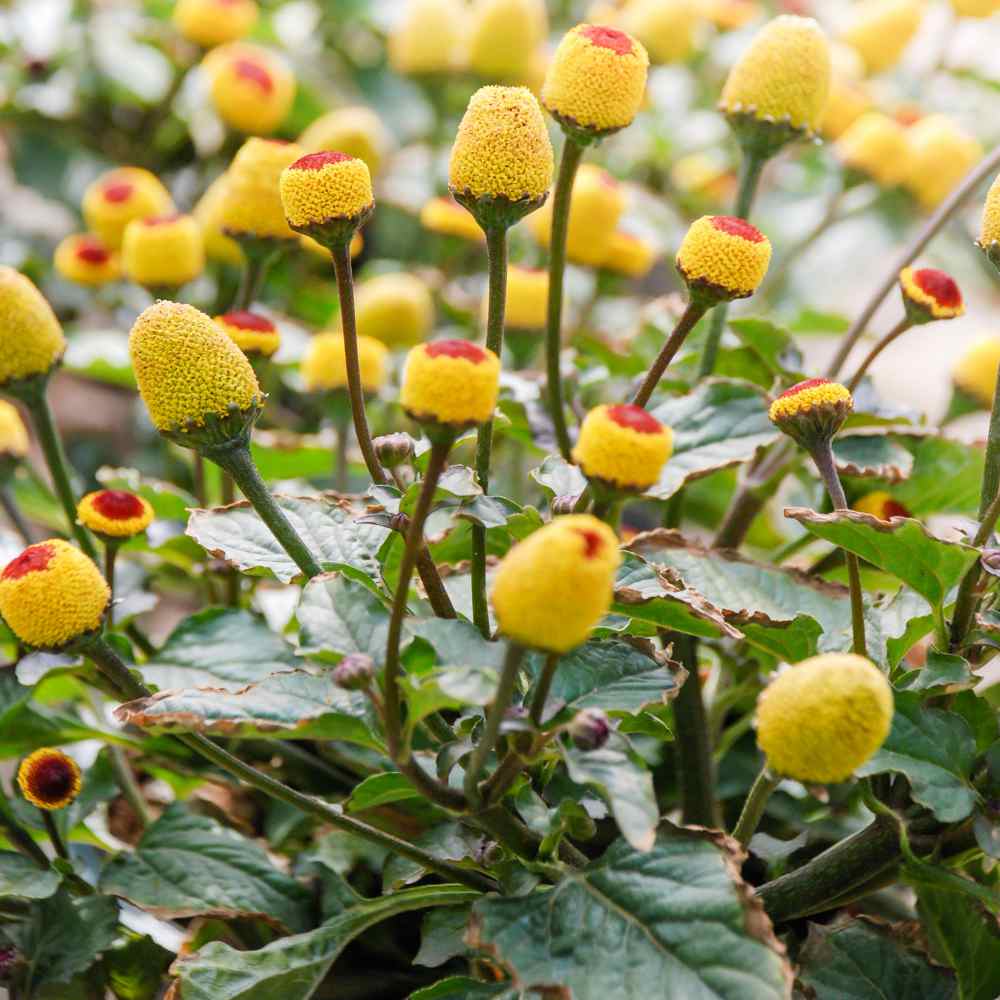
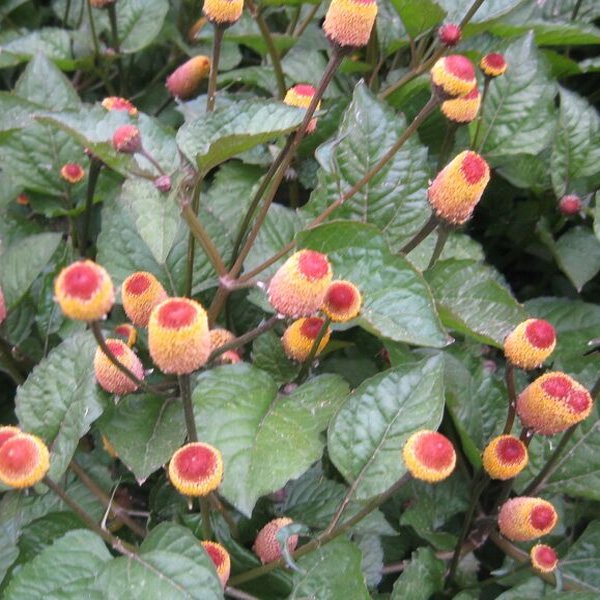
Toothache Plant (Spilanthes Oleracea) - Start Toothache Plant seeds and grow this helpful and attractive plant in the herb garden! Toothache Plant is a tender perennial that is commonly used to treat toothaches along with other mouth, throat, and gum conditions. The leaves and flowers can be chewed to have a mildly anesthetizing effect. This medicinal herb also has anti-bacterial and anti-fungal properties, and it enhances the immune system. The leaves are often eaten raw and taste good in salads.
Unique yellow blooms
Has ornamental flower heads that are good for cutting, drying, and preserving.

Herb seed | toothache
How to grow
How To Grow Blue Sage From Seed: In areas of frost, grow Toothache Plant seeds as annuals. It prefers full sun or partial shade. Start the herb seeds indoors 4 to 6 weeks before the last expected frost date. Transplant the young plants outside into a prepared site that has had organic compost worked in. Wait until frost danger has passed to plant outside. Once the young Para Cress plants have several sets of mature leaves, pinch back the stems to encourage a more bushy and compact growth.
- Sowing Rate: 8 - 10 seeds per plant
- Average Germ Time: 7 - 14 days
- Mid summer to early fall blooms
- Attracts bees, butterflies and birds
- Depth: Do not cover

Flower Specifications
The Toothache Plant has reddish-green foliage and tight, compact little pompom flowers that have no petals. The flowers are yellow with a red center, and they resemble an eyeball, so the herb plant is also commonly referred to as Eyeball Plant and Para Cress.
- Height: 18 - 24 inches
- USDA Zones: 9 - 11
- Season: Perennial

